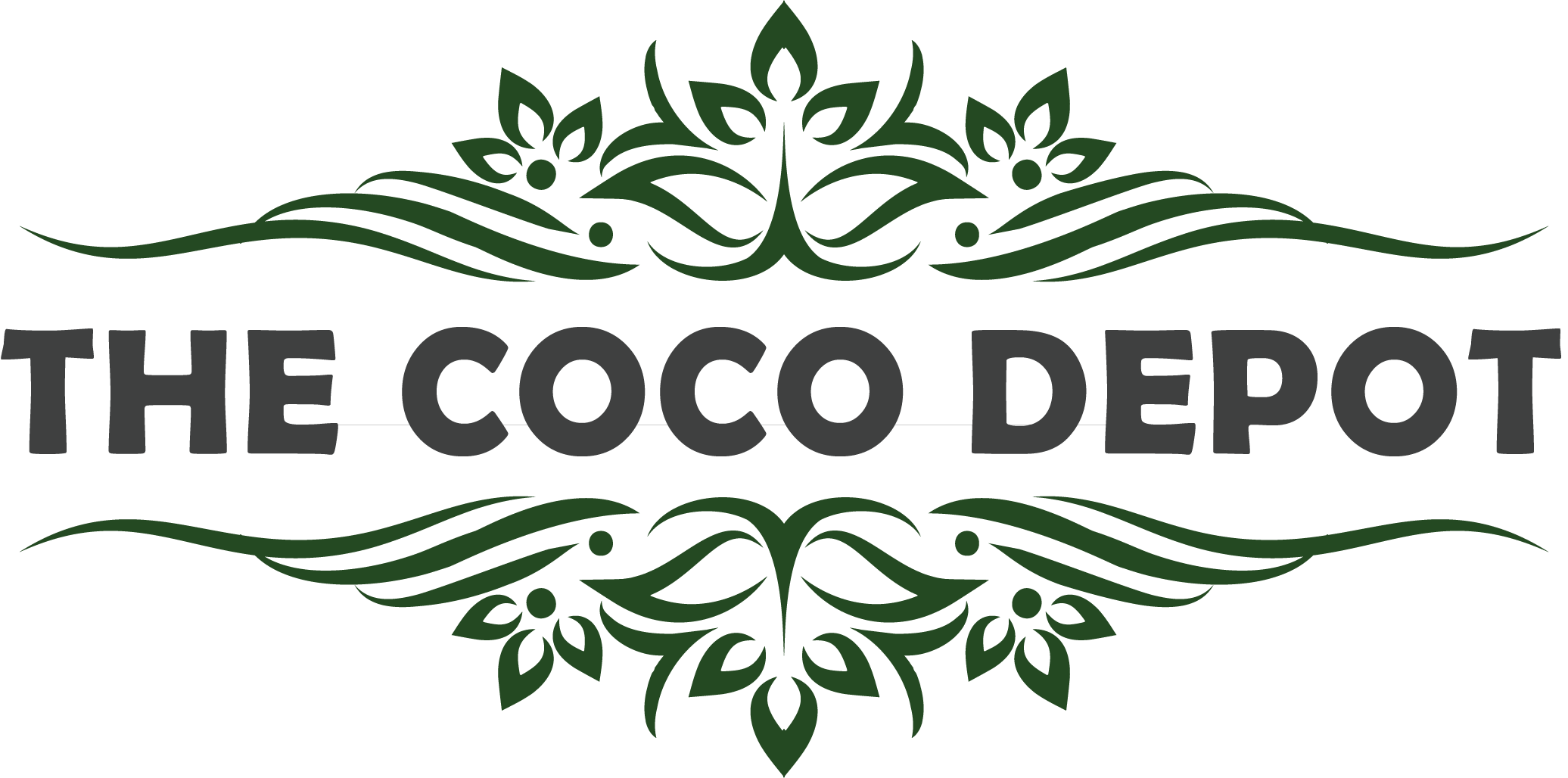What exactly does one understand by ‘Hydroponics’?
Hydroponics is the practice of growing plants in nutrient-rich water with or without the exoskeleton of an inactive medium like gravel, pebbles, or vermiculite.
In layman’s terms, hydroponically bred crops are grown without the need of soil and instead in nutrient-rich water that serves as the plant's root system.
“Hydro” is the Greek word for water, and “ponos” means work. In hydroponic gardening, water performs the task of supplying nutrients to the roots of the plants.
Plants require water, sunshine, carbon dioxide (often via proper ventilation), and minerals in order to flourish. Plant roots in a conventional garden must look for the soil's nutrients. Plants in hydroponic gardens have even simpler access to the nutrients they require since the minerals are dissolved into the water surrounding the roots. The outcome? Plants frequently experience rapid growth in size and beauty.
Why Hydroponics?
It is revolutionary to make this apparently small change in the way we prepare crops. It enables farmers to produce food at any season of the year, anywhere around the globe, and with fewer resources while generating better yields. Currently, growth seasons and geographical areas are undergoing significant change as a result of shifting temperatures and growing circumstances. There are several locations where the ground simply isn't suitable for farming, even under "normal" conditions.
One can build hyper-local food systems using hydroponics. The towns and areas that one exists to support are where container farms are put up. A farm might even be located immediately behind a restaurant that wants fresh fruit! Furthermore, when one grows hydroponically, there is no need to stop for a season or risk crop loss due to bad weather.
The pros of adopting a hydroponic system
Different types of hydroponic systems exist. In a few, plant roots may be seen hanging over the water. While in others, soil substitutes like peat moss, coir (coconut fibre), old wood, vermiculite, or clay pebbles are used to support plant growth. By removing the dirt, you also significantly reduce your risk of contracting the various plant pests and diseases that depend on soil to exist. Surprisingly, a lot of hydroponic plants use less water than conventional gardens.
Here are a few advantages you could experience if you're thinking about trying hydroponic farming:
Ideal Geographic Use:
Hydroponic farming may be done anywhere since every need of the plant is met and well maintained in a systematic manner. Therefore, if you reside in a small apartment, you might want to think about hydroponically growing plants in your house.
No soil involvement:
Hydroponic farming is a great choice for anyone with limited access to land since it entails producing crops without soil. Hydroponics was employed in the middle of the 1990s to provide soldiers stationed in the far-off Wake Islands with fresh produce.
No water wastage:
When comparing plants produced in a hydroponic garden to those cultivated in a regular field, the hydroponic plants need just 10% of the water. Because here, contrary to typical farming, water is recycled or recirculated, the amount of water utilised is significantly less.
No more weed:
Among the most taxing duties for growers or gardeners is trimming weeds. The operations of tilling, ploughing, and hoeing appear to go on forever.
Whenever it comes to hydroponically conventional agriculture, one won't have to bother with weeds any more because they are solely related to soil.
Along with the numerous benefits that come with hydroponics, there are a few drawbacks as well.
Few cons associated with hydroponics
Knowledge Required:
The hydroponic farming method depends on a variety of tools that call for the right training.
The plants won't develop or thrive to the extent that you'd like them to unless one learns how to use this equipment.
Time constraints:
While hydroponic farming may appear practical and easy, it still takes a little bit of time. It is possible to ignore the plants growing in the soil for weeks or even days since nature and the soil have properly balanced everything.
Unfortunately, this is not the case when it comes to hydroponics.
The future?
Technically, hydroponics is a reality. In situations like these, where fresh fruit and vegetables as well as trees and shrubs grown in the field are scarce for a large portion of the year, horticultural crops are produced. Numerous communities throughout the world have seen improvements in their economic health because of the invention and application of hydroponics and controlled environment agriculture.
Even in areas with poor soil and limited water resources, hydroponics has the ability to feed a significant portion of the world's population and enable third-world nations to achieve self-sufficiency. In areas with limited land, the technique can also be a vital source of food production.

